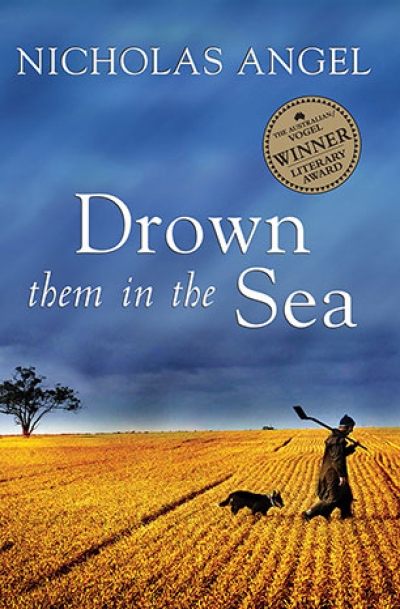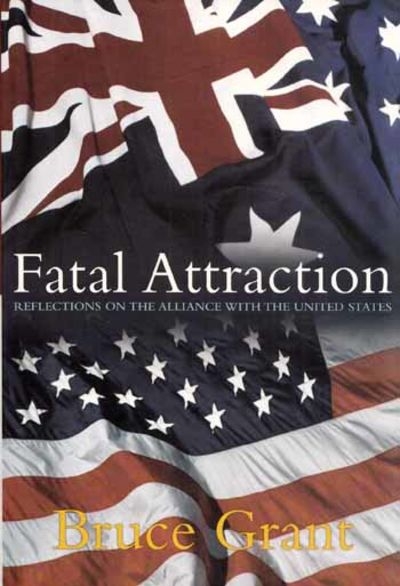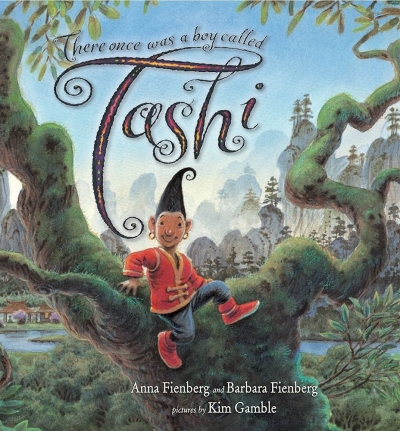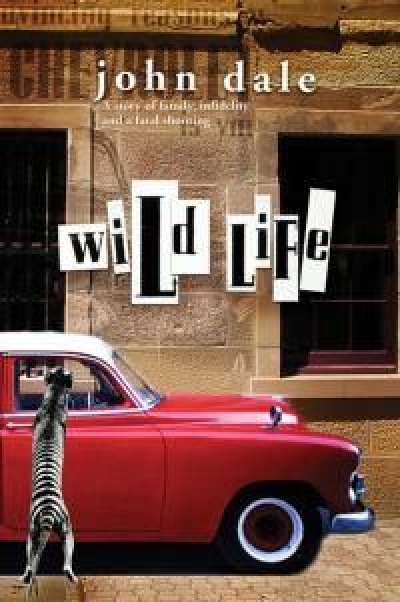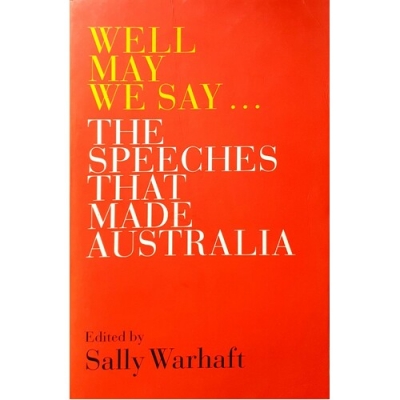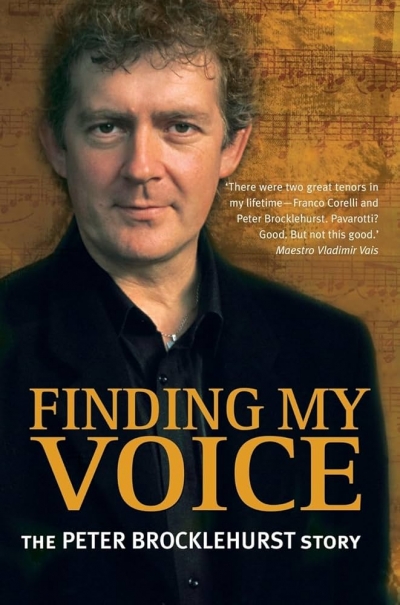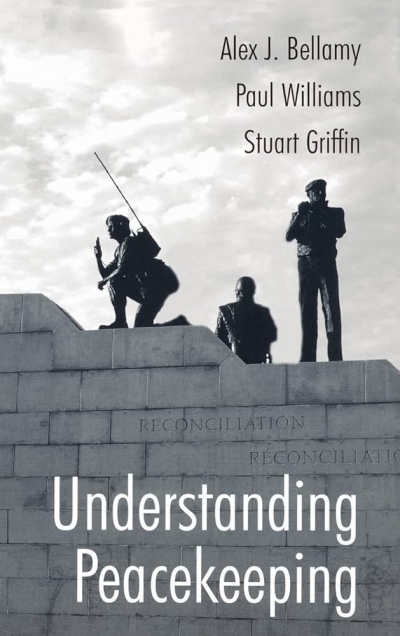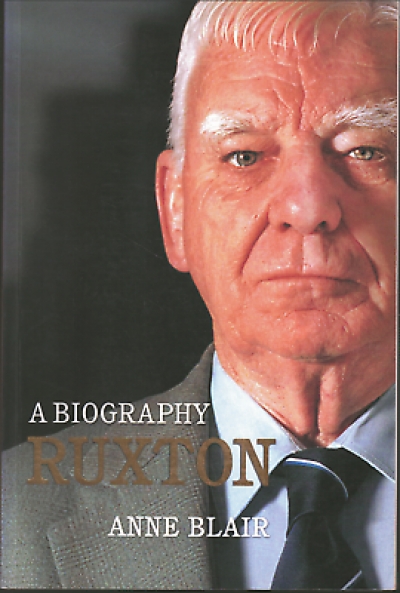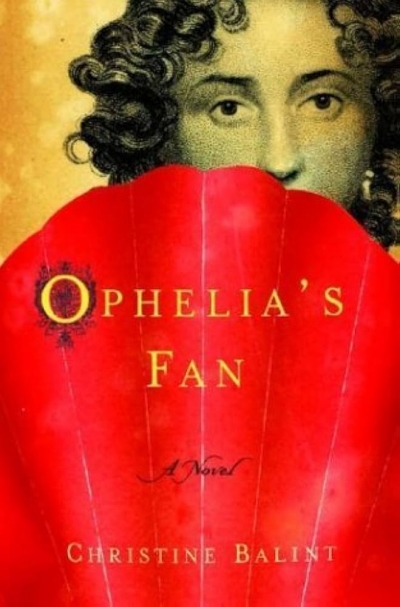Allen & Unwin
Drown Them in the Sea by Nicholas Angel & The Hanging Tree by Jillian Watkinson
by Lorien Kaye •
Fatal Attraction by Bruce Grant & How to Kill a Country by Linda Weiss, Elizabeth Thurbon and John Mathews
by Jock Given •
There Once Was A Boy Called Tashi by Anna Fienberg and Barbara Fienberg, illustrated by Kim Gamble & The Boy, the Bear, the Baron, the Bard by Gregory Rogers
by Stella Lees •
Well May We Say edited by Sally Warhaft & Speaking for Australia by Rod Kemp and Marion Stanton
by James Curran •
Finding My Voice by Peter Brocklehurst with Debbie Bennett & Wings of Madness by Jo Buchanan
by John Rickard •
Understanding Peacekeeping by Alex J. Bellamy, Paul Williams and Stuart Griffin & Other People's Wars by Peter Londey
by Wayne Reynolds •
Ophelia's Fan by Christine Balint & Always East by Michael Jacobson
by Carolyn Tétaz •

